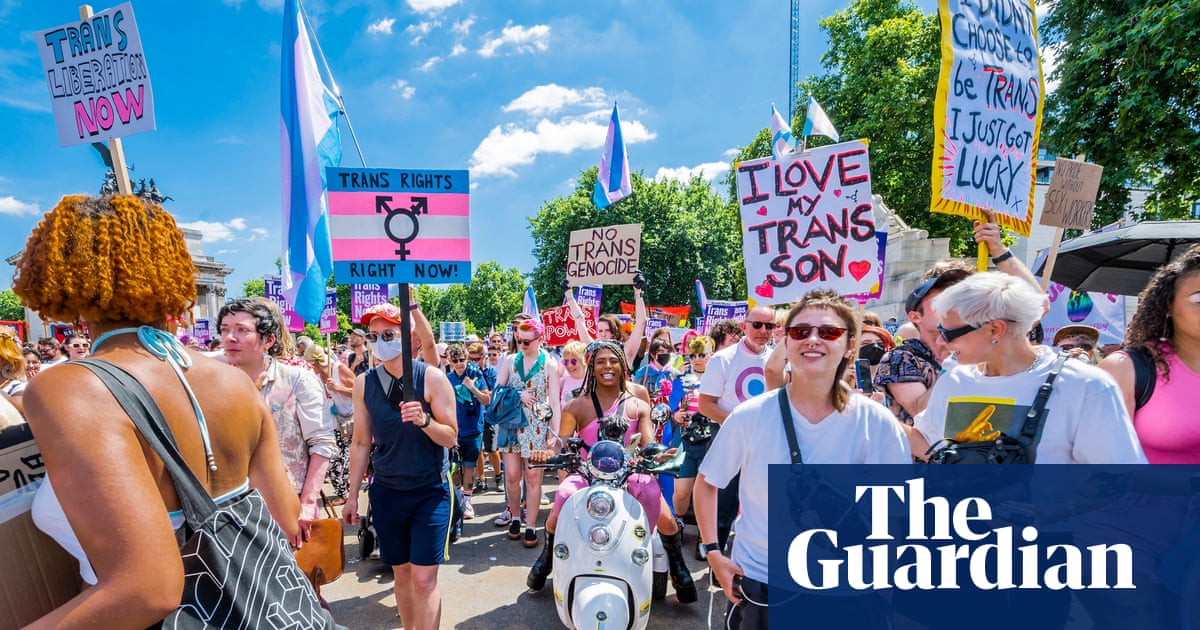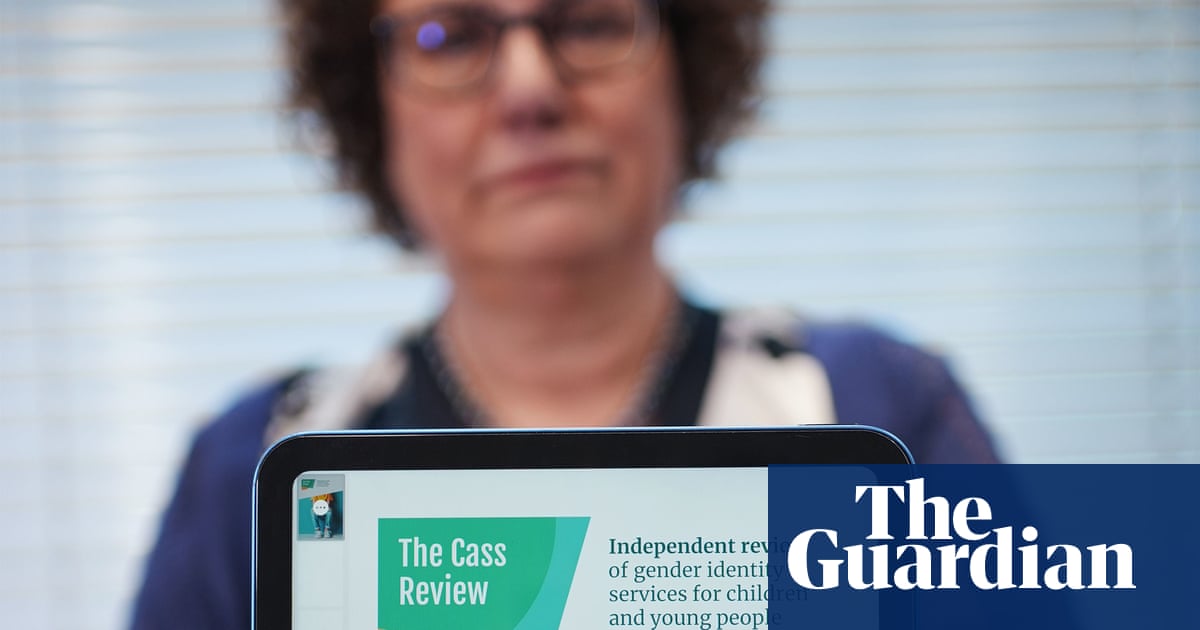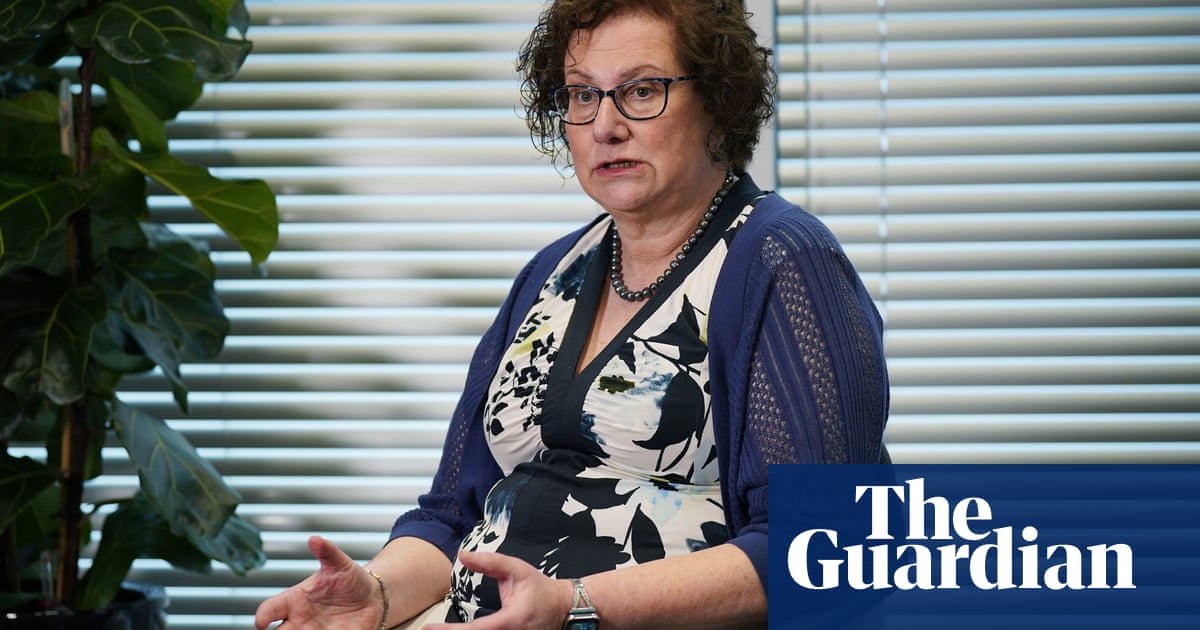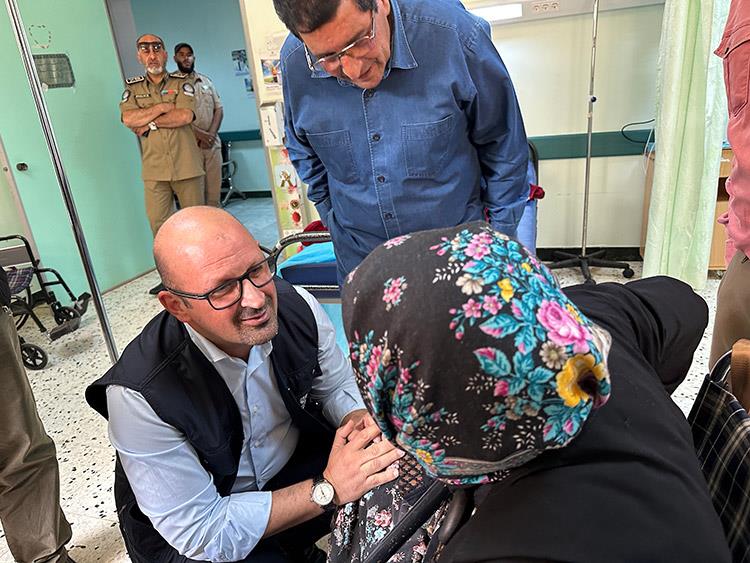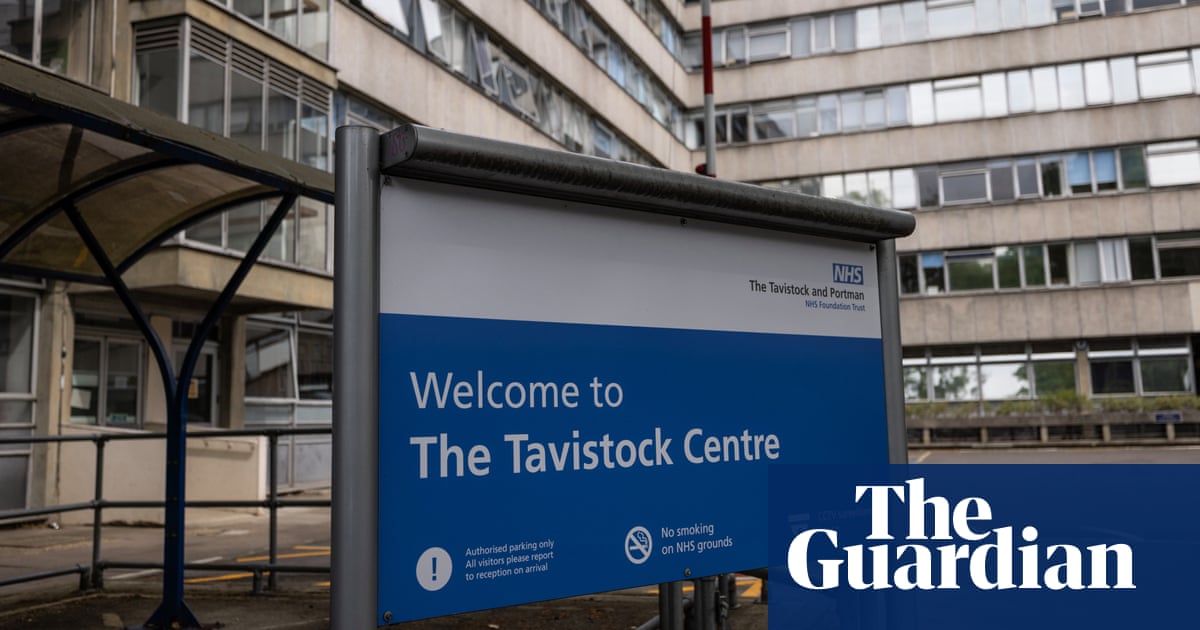
A long-awaited review by consultant paediatrician Hilary Cass into the NHS’s gender services for children calls for a dramatic shift in the type of treatment offered to children and young people with gender dysphoria.
The report proposes that instead of being offered mainly medical treatment, young people referred to NHS gender services should “receive a holistic assessment of their needs to inform an individualised care plan”, meaning that questions of gender identity should be treated alongside other possible mental health concerns.
It found that a medical pathway, such as puberty blockers, would not necessarily be the best option for children with gender dysphoria, and should not be provided “without also addressing wider mental health and/or psychosocially challenging problems”. The review suggests this “should include screening for neurodevelopmental conditions, including autism spectrum disorder, and a mental health assessment”.
The idea of a holistic assessment has so far been welcomed by medical experts, such as Dr Lade Smith, the president of the Royal College of Psychiatrists, who said: “Children who are gender questioning also commonly experience mental illness. It is extremely important that every child who is gender questioning has timely access to services that are holistic and respond to their individual needs.”
But the proposals will have major implications for wider children’s mental health services, which are already overstretched.
The waiting lists for gender-affirming care on the NHS are incredibly long. As of August 2022, there were 26,234 adults waiting for a first appointment with an adult gender dysphoria clinic, of whom 23,561 had been waiting more than 18 weeks. The number of children on the waiting list was approximately 7,600, of whom about 6,100 had been waiting more than 18 weeks.
In October, a coroner concluded that long waiting lists and barriers that prevent transgender people accessing gender-affirming care in the UK contributed to a decline in the mental health of Alice Litman, a young trans woman who killed herself in 2022.
The Cass report acknowledges that long waiting lists are a barrier to the NHS’s ability to provide effective gender-affirming care. It states: “It is only when they have been on very long waiting lists, and sidelined from usual care in local services, that they are forced to do their own research and may come to a single medical answer to their problems.”
However, general mental health services for young people are no better.
More than a quarter of a million (270,300) children and young people in England are still waiting for mental health support after being referred to children and young people’s mental health services in 2022-23, according to the children’s commissioner.
Between July and September of last year, children and young people who had an appointment for suspected autism had waited on average nine months (295 days) after their initial referral. This is despite the National Institute for Health and Care Excellence recommending that people with suspected autism should be diagnosed within three months of a referral.
Cass’s report said long waiting lists for gender services were in part due to an “unprecedented” increase in demand in recent years, which created “an unsustainable service model”. “Prior to 2009, Gids (the gender identity development service) did not attract significant attention. At that time, the service saw fewer than 50 children a year, with even fewer receiving medical treatment,” the report states.
Since the closure of the Gids clinic at the Tavistock and Portman NHS foundation trust in London in 2023, NHS England pledged to open eight regional clinics delivering a “different model of care”. The report has welcomed this, saying the regional centres “should allow care and risk to be actively managed … reducing waiting times for specialist care”. But since only one of these regional centres has opened, waiting lists will remain high for the foreseeable future.




